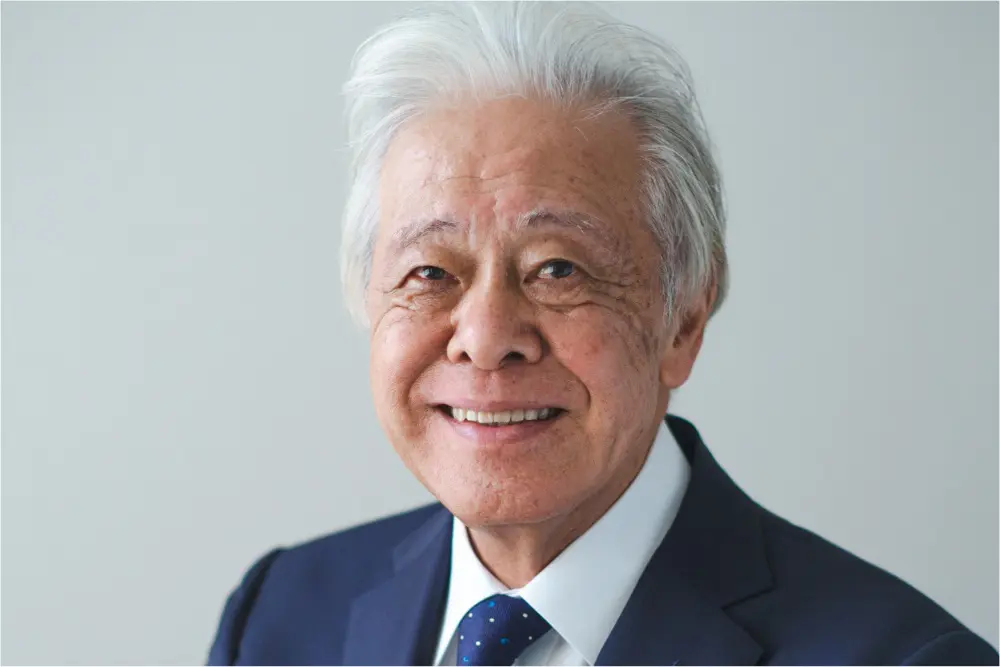Tokyo film festival embraces global network and gender equality
The 37th Tokyo International Film Festival (TIFF) is making significant strides towards fostering international collaboration and promoting gender equality, marking a new chapter in the festival’s storied history.
Revitalizing connections post-pandemic
The global networking capabilities and gender equality initiatives of TIFF are being emphasized by its chair, Ando Hirayasu. He acknowledges the challenges faced during the COVID-19 pandemic, which limited opportunities for genuine networking. “Various restrictions made this difficult, but we are finally able to engage in genuine networking,” commented Ando.
To make interactions more convenient and impactful, the festival has strategically shifted its TIFF Lounge, a vital hub for international exchange, to the Lexus Meets venue. This new location is expected to bolster interactions between Japanese and international filmmakers, fostering an environment ripe for collaboration.
Elevating women’s voices in cinema
This year, TIFF introduces a groundbreaking section dedicated to Women’s Empowerment. This initiative illustrates TIFF’s commitment to promoting gender equality, as showcased by its signing of the Collectif 50/50 charter in 2021, becoming the first Asian film festival to do so. Collectif 50/50 is an international movement aimed at achieving gender equality in the film industry.
Through this new Women’s Empowerment section, the festival will showcase films highlighting women’s achievements and hold symposiums to encourage dialogue and reflection on women’s roles in cinema. Ando shared, “We hope to listen to a wider range of voices, encouraging discussions and initiatives that promote and reflect on women’s empowerment.”
Nurturing future talent
In its quest to support the next generation of filmmakers, TIFF is expanding its focus on nurturing emerging talent. This year’s festival offers various initiatives, including the TIFF Teens Meet Cinema workshop, an international symposium on film education, and a masterclass led by renowned filmmaker Kurosawa Kiyoshi for Asian students. These programs are designed to inspire and equip young filmmakers with the skills and knowledge needed to thrive in the industry.
Japanese cinema on the global stage
Japanese cinema has recently enjoyed significant international acclaim, with films such as Shoplifters, Drive My Car, and How Do You Live? catching global attention. The success of movies like Godzilla Minus One and Desert of Namibia, and series like “Shogun,” have further fueled interest in Japanese content worldwide.
To capitalize on this growing interest, TIFFCOM, the festival’s market component, launched the Tokyo Story Market in 2023. This innovative initiative connects Japanese publishers with film producers, creating new opportunities for adaptations and international collaborations.
Addressing industry challenges
Despite the successes, the Japanese film industry faces several challenges. Ando highlighted the need for improvements in working conditions on production sites, the expansion of Japanese films into the global market, and the clarification of relationships with streaming platforms. He emphasized that “The Tokyo International Film Festival aims to contribute as much as possible to overcoming these challenges.”
Rediscovering Japanese cinema
Ando expressed optimism that both industry professionals and audiences will rediscover the charm of Japanese cinema. He hopes that this renewed interest will lead to a deeper appreciation of the cultural exchanges between films and people worldwide.
By doubling down on global networking and gender equality, the 37th Tokyo International Film Festival is setting a new standard for film festivals. This year promises to be a landmark event, rich in cultural exchange, groundbreaking initiatives, and a celebration of Japanese cinema’s past, present, and future.
Share this article on social media or follow our site to stay updated with the latest festival news and insights into Japanese cinema’s dynamic landscape.

 Italian
Italian







